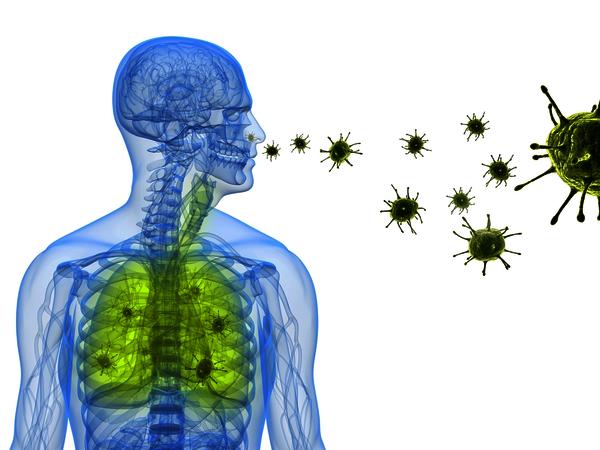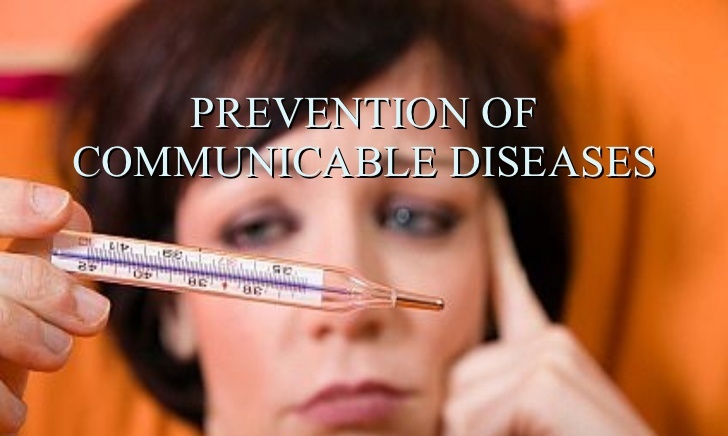What is Viral Pneumonia?
Pneumonia is a bacterial, viral, or fungal infection of either one or both sides of the lungs that causes the air sacs within the lungs of the lungs to fill up with fluid or pus. Viruses, bacteria, a fungus, or (in rare cases) parasites are the main cause of such disease.
Causes of Pneumonia
Bacteria, viruses, and fungi infections can cause pneumonia. These infections cause inflammation in the air sacs, or alveoli, of the lungs. This inflammation causes the air sacs to fill with fluid and pus.
Bacteria – Bacteria are the most common cause of pneumonia in adults. Many types of bacteria can cause bacterial pneumonia. Bacterial pneumonia can occur on its own or develop after you’ve had a viral cold or the flu. Bacterial pneumonia often affects just one lobe, or area, of a lung. When this happens, the condition is called lobar pneumonia.

Viruses – Viruses that infect the respiratory tract may cause pneumonia. The influenza or flu virus is the most common cause of viral pneumonia in adults. Respiratory syncytial virus (RSV) is the most common cause of viral pneumonia in children younger than one year old.
Fungi – It occurs in people who have weak immune systems due to HIV/AIDS or the long-term use of medicines that suppress their immune systems, such as those used to treat cancer or as part of an organ or blood and marrow stem cell transplant procedures.
Diagnosis of Viral Pneumonia
Sometimes pneumonia is hard to diagnose because it may cause symptoms commonly seen in people with colds or the flu. An individual may not realize it’s more serious until it lasts longer than these other conditions. A doctor will diagnose pneumonia based on the patient’s medical history, a physical exam, and test results. The doctor may be able to diagnose with a certain type of pneumonia based on how you got your infection and the type of germ causing your infection.
Prevention of Viral Pneumonia
Pneumonia can be very serious and even life threatening. Vaccines can help prevent certain types of pneumonia. Good hygiene, quitting smoking, and keeping your immune system strong by exercising and healthy eating are other ways to prevent pneumonia.
Vaccines for Viral Pneumonia
Vaccines are available to prevent pneumonia caused by pneumococcal bacteria or the flu virus, or influenza. It can’t prevent all cases of infection.
Other ways that can help you to prevent pneumonia
You also can take the following steps to help prevent pneumonia:
- Wash your hands with soap and water or alcohol-based rubs to kill germs.
- Don’t smoke. Smoking damages your lungs’ ability to filter out and defend against germs. For information about how to quit smoking, read Smoking and Your Heart. Although this resource focuses on heart health, it includes general information about how to quit smoking.
- Keep your immune system strong. Get plenty of rest and physical activity and follow a healthy diet. Read more about heart-healthy eating and physical activity.
If you notice any symptom of pneumonia, go to a physician for proper treatment right away. Don’t forget to take important steps to avoid and prevent this health issue.




